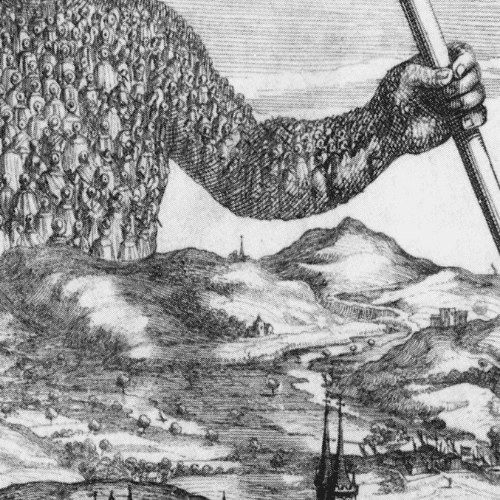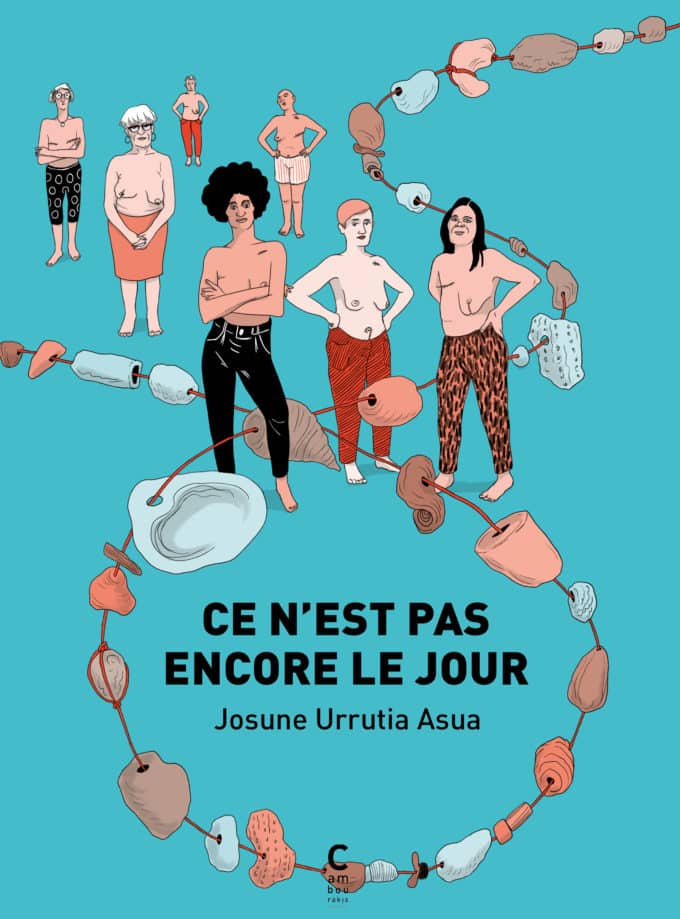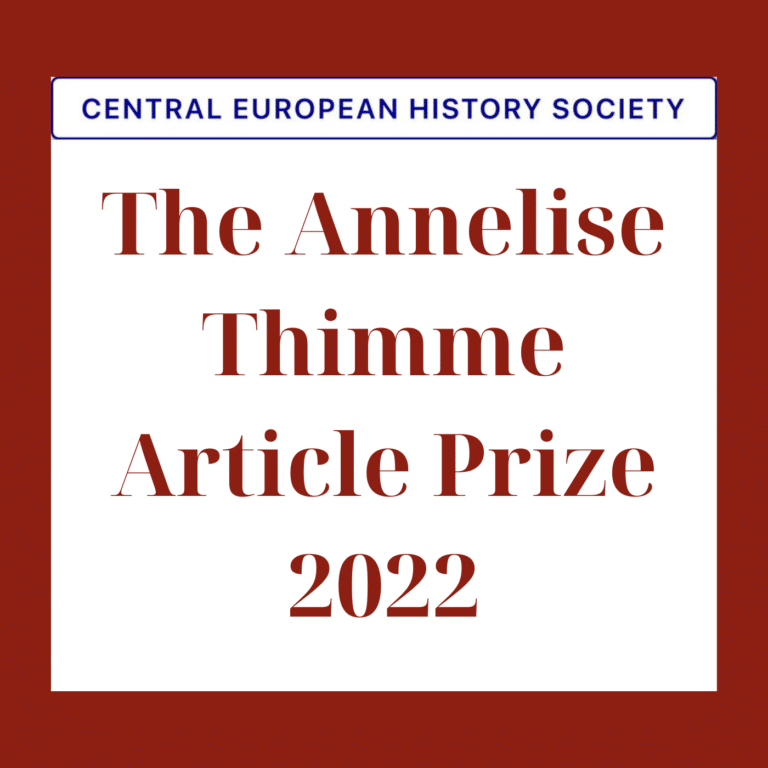In the framework of its Mediterranean programme, Iméra, the Institut for Advanced Study (IAS) of Aix-Marseille University and Edinburgh University’s Alwaleed Centre for the Study of Islam in the Contemporary World launched the call for applications for the fellowship programme entitled:
Muslim solidarities in the face of crises in the Mediterranean

This research project led by Professor Frédéric Volpi (University of Edinburgh) Multiannual Research Fellow at Iméra 2021-24, proposes to study how mechanisms of solidarity are set up, operate, and transform contemporary Mediterranean identities in crisis situations. More specifically, it researches and analyzes the role of Muslim solidarities in the evolution of forms of Mediterranean civility and citizenship.
The proliferation of political, socio-economic and environmental crises is generating an increase in the number of migrants and refugees in all the countries of the region. In this context, state policies are often unable to completely and/or effectively manage these population movements and their consequences. In fact, civil society actors, from humanitarian organizations to religious organizations, are becoming regular and often essential speakers on the subject.
Migratory movements and the risks associated with them are often studied from a security point of view, but the nature of the response that is constructed from a societal point of view is much less researched. Beyond the immediate and concrete responses provided, how do these interactions transform the humanitarian and religious organizations that supplement state policies? To what extent do these exchanges, influenced by public debate and government action, produce new forms of civility and citizenship that apply both to migrants and to those they meet? And what is the impact of this situation on the evolution of Muslim religious identities and their associated practices of religiosity? In the contemporary Mediterranean context, this program proposes to study first of all the articulation of these forms of solidarity through so-called Islamic organizations, as well as through the interactions between these organizations and other actors of civil society, both religious and non-religious.
The analysis of their relations with individuals and communities on the move, as well as with civil society and state actors, will shed light on the transformations of both the ideas and the social and political practices that underlie the contemporary Mediterranean identity.
Main themes
Axis 1: Evaluation of the speeches and official positions of civil society organizations (Islamic and non-Islamic in orientation) on both shores of the Mediterranean which are facing a crisis situation generating the displacement of people. Assessment of the actions of these organizations and their interactions with people on the move, other organizations and public actors. (In particular the exchanges between different types of actors and their consequences for the people targeted by these actions and for the organizations themselves.)
Axis 2: Analysis of the evolution of ideas and practices of civility and citizenship around the Mediterranean. The research sheds light on the relationship between state policies on the one hand and the integration (or exclusion) of the actions and discourses of civil society actors previously studied on the other, through the prism of public debate. as well as that of different categories of people on the move.
Scientific framework of the residency
The ‘Muslim Solidarity’ research fellow will contribute to the research project led by Professor Frédéric Volpi and will in particular lead a reflection and field work on one of the themes of the ‘Muslim solidarity in the face of crises in the Mediterranean’ project. In this context, he will also be an Associate Fellow of the Alwaleed Center at the University of Edinburgh.
His research work falls within the framework of the priorities of the Mediterranean program of IMéRA and in particular of its research axis on Mediterranean Islam.
The purpose of the residency period at Imera is to produce from this research work the foundations of a base of observations and data contributing to the deepening of the project and the elucidation of the questions it raises. In particular, one of the objectives of the residency will be the co-production with the project director of scientific work such as articles, chapters, etc. at the end of the residency period. Other possible activities include the organization of a workshop or a seminar, in Marseilles and/or Edinburgh, and the collaboration in a collective work.
Schedule
- Application deadline: July 17, 2023, 1 p.m. (CET)
- Publication of results: early October 2023
- Duration of residency: 5 months
- Residency period: February to June 2024
Application Prerequisites
- English and French language skills: residents must be able to understand both languages orally and in writing (passive knowledge) and master at least one orally and in writing (active knowledge).
- Candidates undertake to participate in the collective activities of the residence planned with the other residents and the scientific team of Iméra.
- The Community Building Seminar is in this sense one of the central activities, which takes place every week (usually on Thursdays for three hours). The investment time is equivalent to one day per week. Candidates, who are former residents of Iméra, can submit a new application at least 5 years after their first research stay.
Eligibility criteria
- Demonstrate competence and scientific excellence in the required field;
- Hold a doctorate or PhD; Be a junior researcher, with postdoctoral experience in full-time research of between 2 and 9 years;
- Not having resided in France for more than 12 months in the three years preceding the call for applications.
Remuneration
The residency is open to junior scholars, whether or not they hold a position in a university or a research organization. Depending on their statutory position, the researcher receives an allowance (under an allocation agreement) or a net salary (under a fixed-term contract) of 2,000 euros per month.
Practical information
During the residency, Iméra provides the researcher with: (i) an office and a computer on the premises of Iméra with access to common equipment (printer, landline telephone), (ii) access to databases of the AMU electronic library and (iii) assistance with administrative procedures.
If necessary, Iméra will provide the researcher with furnished and equipped accommodation in town near its site.
Selection criteria
The applications evaluation criteria are, in a non-exhaustive way:
- The scientific excellence of the researcher in the sense of the highest international standards in the field;
- The scientific excellence of the project and in particular its interdisciplinary dimension, which is crucial for the insertion of the researcher in the dynamics of collective creation at Iméra;
- Have proven scientific excellence in one of the areas of research related to one of the thematic axes of the residency “Muslim solidarity and contemporary crises in the Mediterranean”;
- The ability to support scientific collaboration between the University of Edinburgh and Imera.
Applications
The application file consists of the following documents:
- The application form duly completed and saved in Word format.
- A Curriculum vitae including a list of publications
- A presentation of the research project (max 5 pages) followed by a selective bibliography.
- At least one letter of support from a researcher or teacher-researcher from Aix-Marseille University OR a letter of motivation clearly explaining the candidate’s interest in interacting with Aix-Marseille University laboratories and carrying out a project from Aix-Marseille.
Applications must be sent exclusively by email before July 17, 2023, at 1 p.m. (CET) to Constance Moréteau, academic coordinator at Iméra: constance.moreteau@univ-amu.fr



